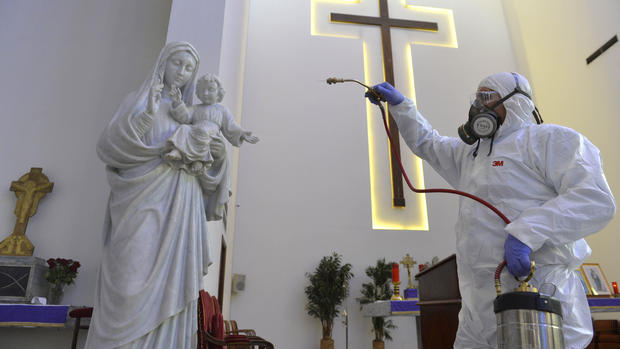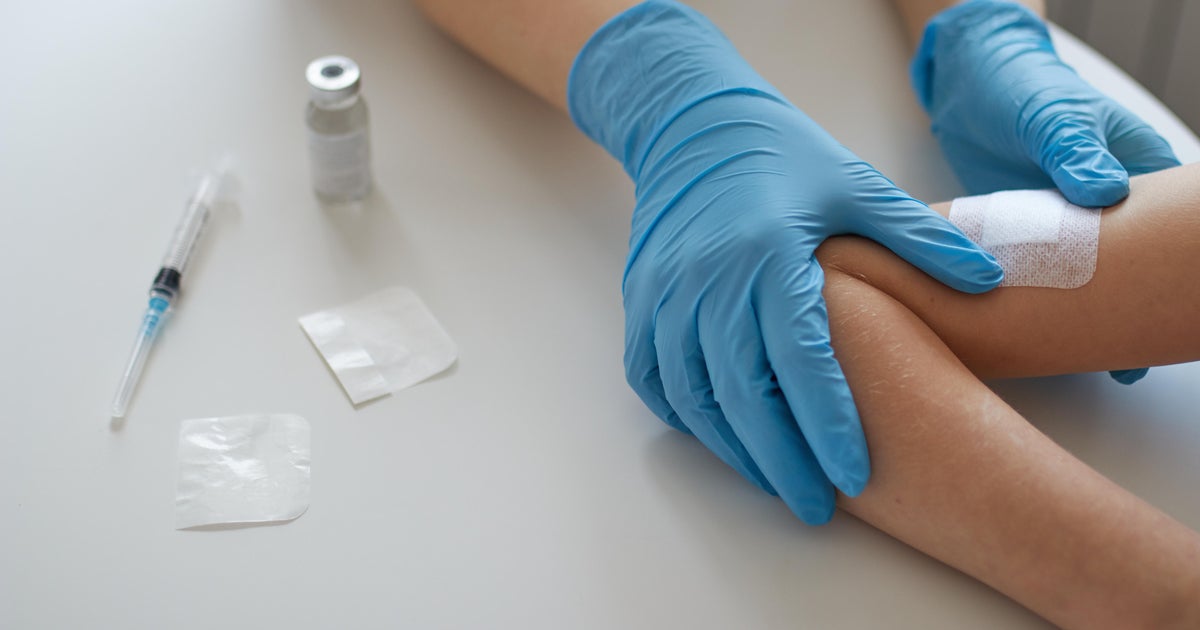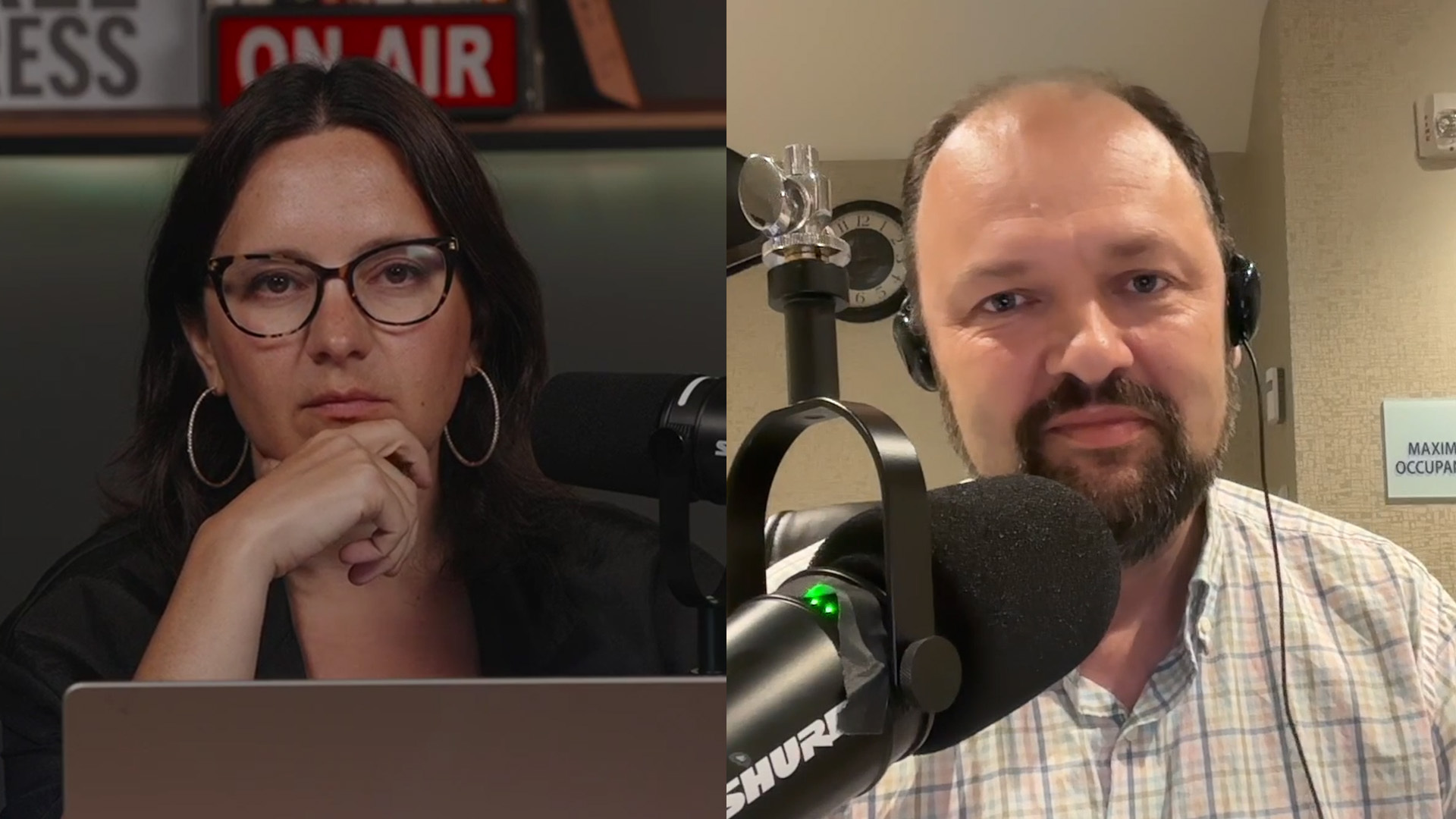What does shelter-in-place mean?
To prevent the spread of coronavirus, states and municipalities have issued shelter-in-place orders. An order to shelter in place may be implemented for a variety of scenarios, such as natural disasters, active shooters, or chemical, radiological or other hazards. The Centers for Disease Control and Prevention has said where you stay during a shelter in place can differ depending on the emergency.
"Listen carefully to local radio or television stations for instructions, because the exact directions will depend on the emergency situation," according to the CDC.
During a pandemic like coronavirus, officials may ask residents to shelter in place for weeks. Such was the case in California, where residents in seven counties have been asked to stay home for at least three weeks.
What can people expect if they're asked to shelter in place? Here are the rules officials may implement as a means to prevent the spread of coronavirus.
Shelter-In-Place Rules
In the affected California counties, all non-essential travel was banned and people are being told to work from home or stop working unless they provide an "essential service," CBS San Francisco Bay Area reports.
Essential government services include police, firefighters, out transit and sanitation workers, San Francisco Mayor London Breed said Monday. While most people will be asked to stay inside, there are some instances you could leave your home — as long as you don't abuse it.
"Grocery stores, and pharmacies, and banks, and gas stations will remain open," Breed said. Restaurants will be open for takeout only, and non-essential businesses like bars and gyms closed as of 12 a.m. Wednesday.
In New York, restaurants were already ordered to stick to take-out and delivery only, and many other non-essential business were closed. Many residents scrambled to get to grocery stores and stock up on emergency food supplies, even though grocery stores are allowed to stay open.
"We've seen a huge amount of stocking up. That's my polite phrase for it," de Blasio said. "I am of course concerned. I want to emphasize how important it is to share with other people."
During a shelter in place, most activity would be limited, but provisions would be made for getting necessities like food and medicine. Similar rules were implemented when Spain and Italy were put on lockdown.
According to the government decree in Spain, people are only allowed to leave their homes to buy food and medicine, commute to work, go to medical centers and banks or take trips related to the care for the young and the elderly during the lockdown.
Penalties
Unlike less stringent social-distancing guidelines, the police will step in if a shelter in place is grossly ignored. The Northern California counties' orders, which went into affect Tuesday, noted: "Violation of or failure to comply with this Order is a misdemeanor punishable by fine, imprisonment, or both."
Sergeant Ray Kelly with the Alameda County Sheriff's Department said they expect most people to stay home over the next three weeks, but that deputies will step in if people are blatantly ignoring the restrictions, which are some of the most stringent in the country.
Penalties and rules for a shelter in place could differ depending on the area.
"Shelter in place" vs. "stay at home"
Instead of a "shelter in place" order, Governor Cuomo announced Friday he is ordering all workers in non-essential businesses in the state to stay home, and he banned non-essential gatherings statewide. "Only essential businesses can have workers commuting to the job or on the job," Cuomo said of his executive order. The state posted guidance on its website listing which types of businesses are considered essential.
Under this order, residents are also urged against taking public transportation unless absolutely necessary. People can go outside to the grocery store or pharmacy or for "outdoor recreation," but must still practice social distancing and stay at least 6 feet away from other people.
"Outdoor recreation is a solitary recreational exercise. It's running, it's hiking. It's not playing basketball with five other people. It's not laying in a park with 10 other people and sharing a beer," Cuomo said.
Cuomo said he would refrain from calling it a "shelter in place" order because "words matter," and that term is often used for active shooter situations or other scenarios that are different from the type of extended isolation required to prevent the spread of the coronavirus.
In California, Governor Newsom also refrained from expanding the regional shelter in place to his entire state. Instead, he issued a "stay at home order" for California, which similarly closes all non-essential businesses and also limits gatherings of any kind to fewer than 10 people.






